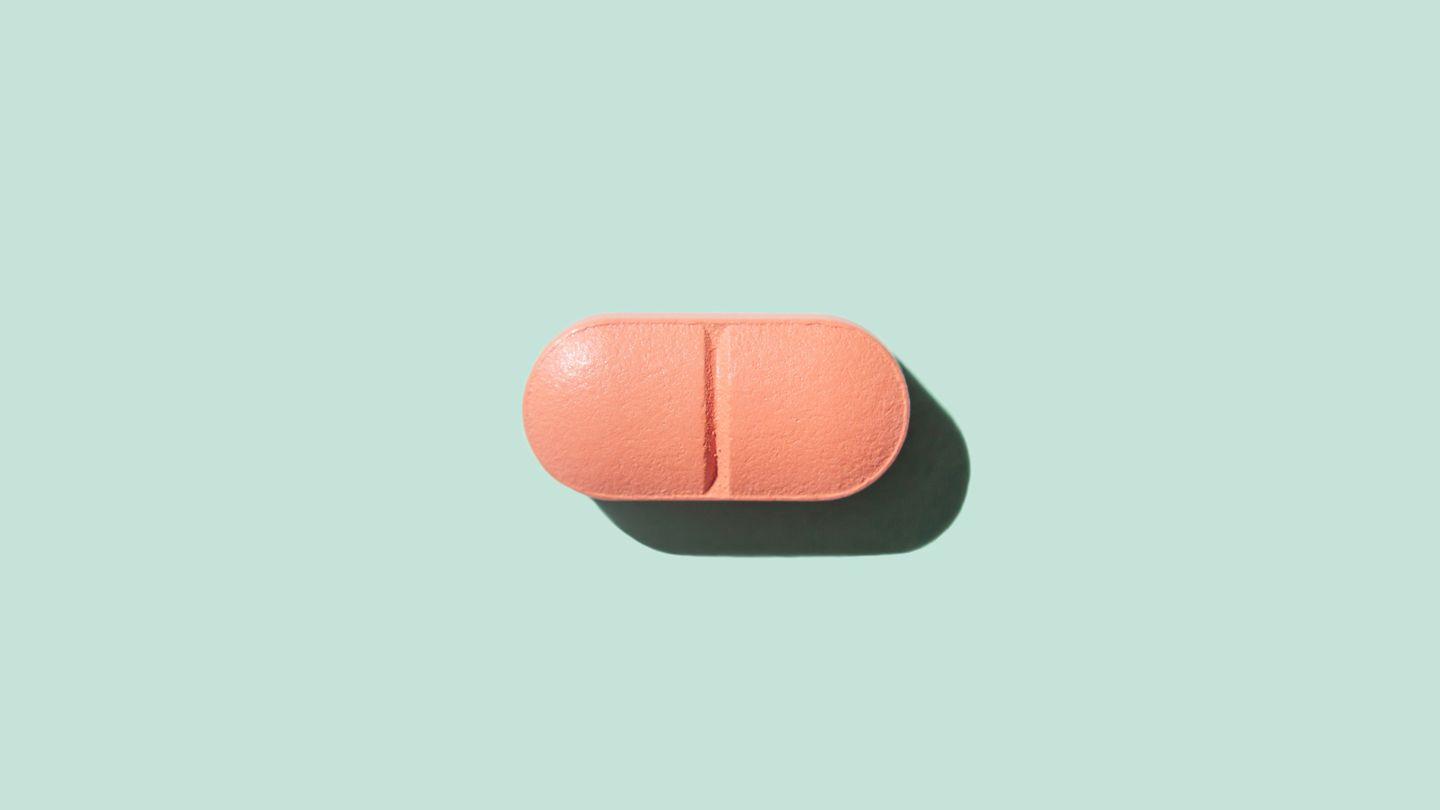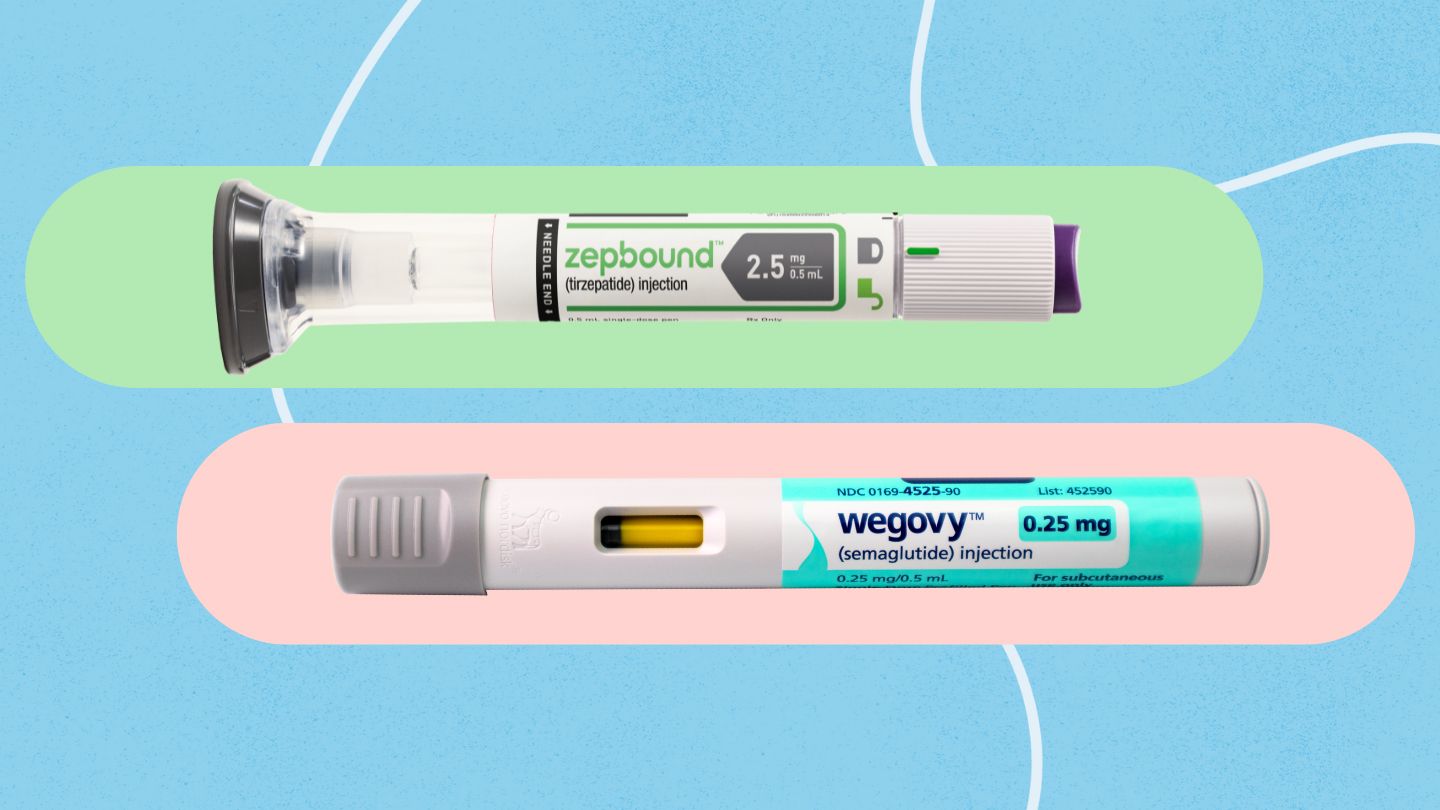L-arginine supplements may offer health benefits, but in most cases, the research is limited. Here’s a closer look at a few potential perks.
May Lower Blood Pressure
On the other hand, not all medical professionals support supplementing with L-arginine for high blood pressure.
“The use of L-arginine for high blood pressure is controversial and not generally recommended,” says Anurag Sahu, MD, the director of the Adult Congenital Heart Center at Inova Health System in Fairfax, Virginia, and a medical reviewer for Everyday Health. “The data is limited, and the use of L-arginine in patients with a history of heart attack or kidney disease is generally contraindicated, since L-arginine can actually increase the risk for complications in these populations.”
Under the guidance of your doctor, dietary strategies, along with medication, will likely also be implemented to help lower blood pressure.
“With any case of hypertension, a low-sodium, higher-fiber diet containing healthy fat sources like avocado, salmon, and olive oil, should accompany any medication or supplement treatment to support heart health,” says Staci Gulbin, RDN, a health writer based in Denver.
May Boost Exercise Performance
L-arginine’s ability to improve blood flow may also help improve athletic performance. Wider blood vessels allow for the delivery of more oxygen and nutrients to muscles, which may prevent fatigue and help them work harder, explains Jenna Stangland, RDN, a board-certified specialist in sports dietetics in Minneapolis and the director of nutrition for the Minnesota Wild professional hockey team.
A review and meta-analysis conducted in Spain of 15 studies in athletes and healthy adults found that L-arginine supplements may improve both aerobic (physical activity that uses oxygen to create energy) and anaerobic (physical exercise that does not require oxygen to generate energy) exercise performance. Aerobic benefits included endurance, oxygen efficiency, and time to exhaustion, while the anaerobic benefits included increased power, reduced fatigue, and better recovery.
May Improve Male Sexual Function
Some L-arginine supplements are marketed toward improving male sexual function, including erectile dysfunction (ED), which is the inability to achieve and maintain an erection. L-arginine may provide an assist by boosting blood flow to the penis.
“Given all the research on L-arginine currently available, I think this supplement may provide some benefit to those with mild to moderate ED,” says Gulbin.
But L-arginine supplements shouldn’t be used to self-treat ED. Gulbin recommends consulting with a board-certified physician to recommend more highly studied and effective treatments for your condition.









